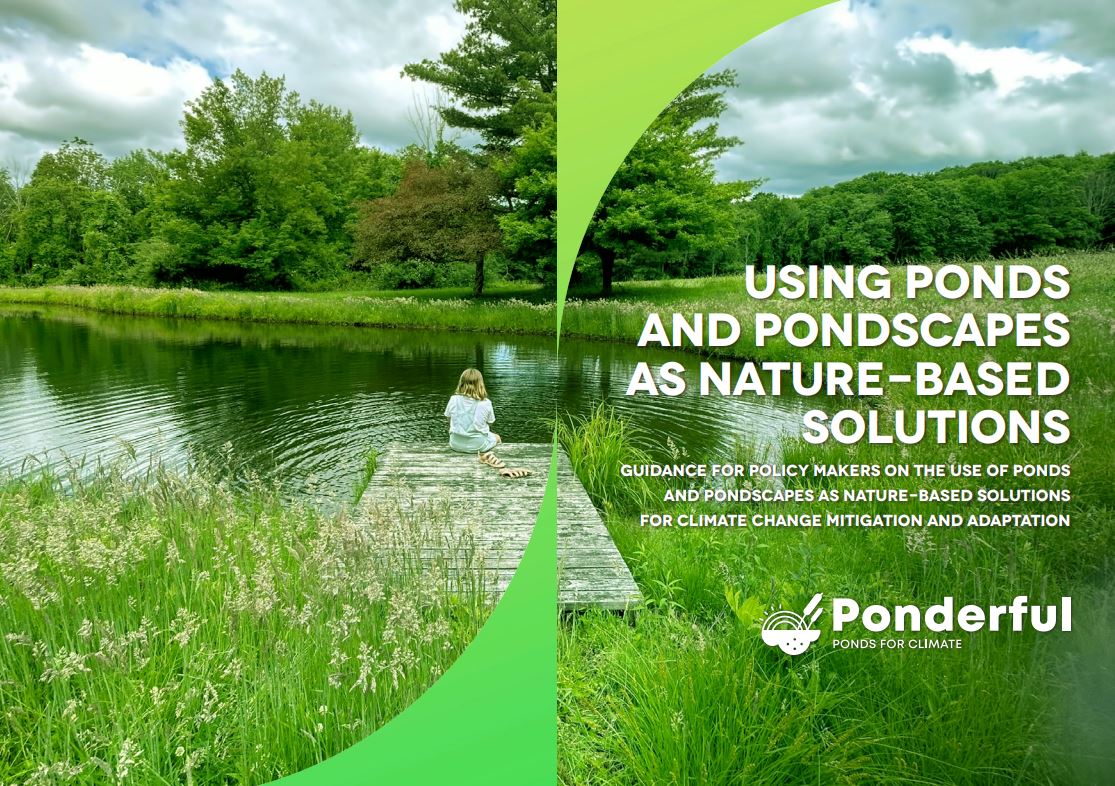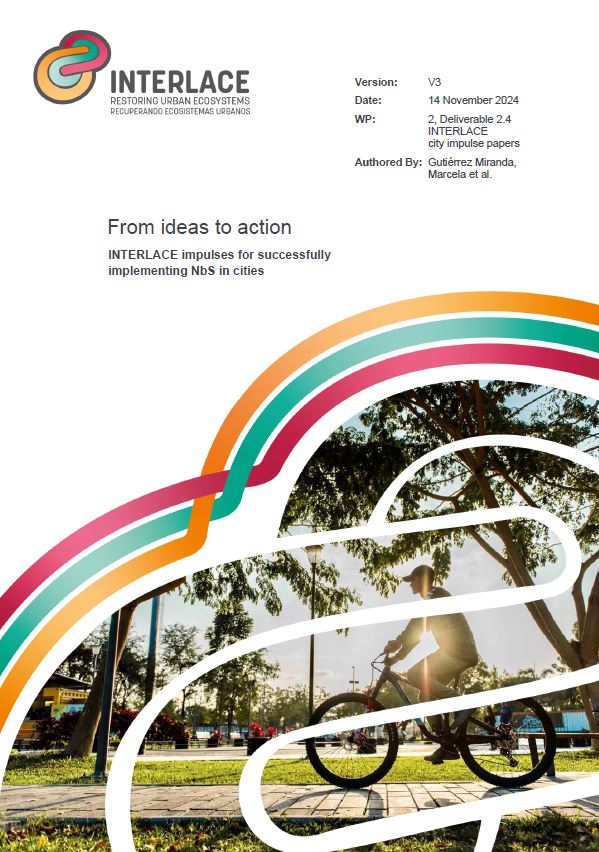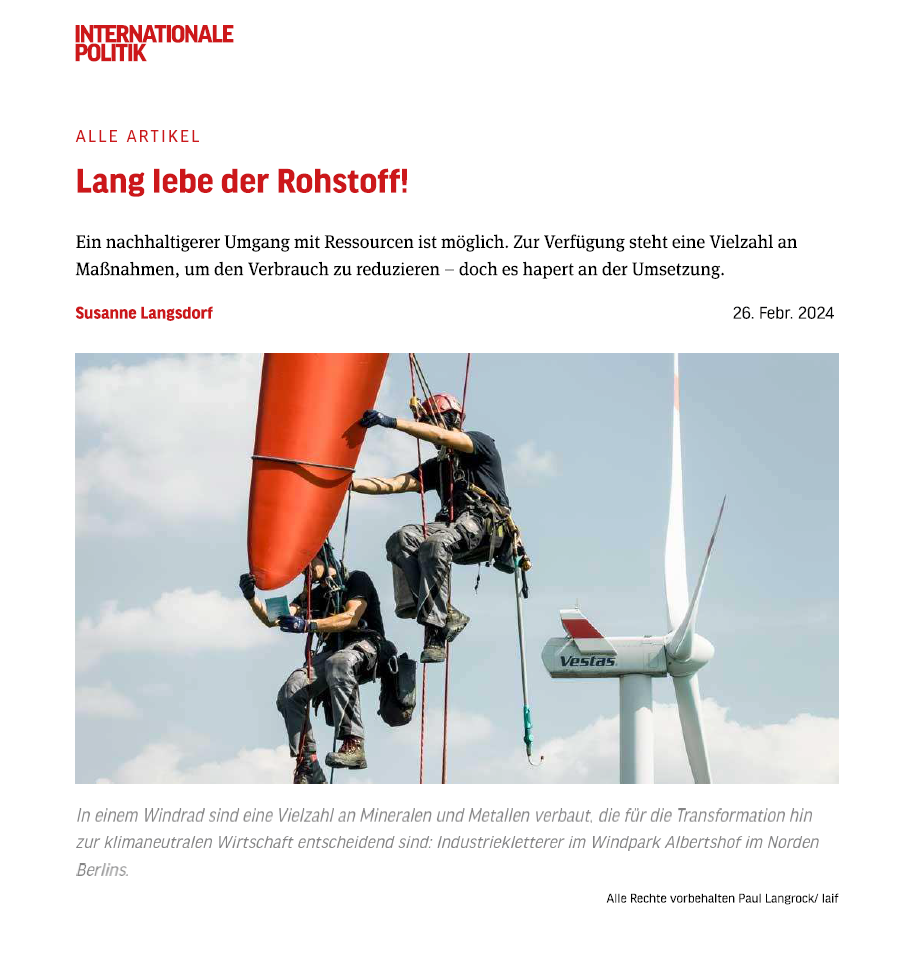Bild von Andreas Senftleben auf Pixabay
As the UN Environment Programme's report 'Making Peace with Nature' (2021) impressively shows, humanity has upset the balance of our planet's natural habitats. As a result, the world is facing several challenges: The man-made climate crisis, the loss of biodiversity and increasing environmental pollution form the interwoven global triple crisis. Each of these crises poses a serious threat to the future of our planet on its own – but their interconnectedness is mutually reinforcing the negative effects.
Rising temperatures, extreme weather events and polluted habitats are accelerating the loss of animal and plant species. At the same time, the loss of biodiversity in turn impairs the ability of ecosystems to filter pollutants and mitigate climate change. A vicious circle that is also reflected in the solution approaches: What has a positive effect on one area can have unintended side effects on another. An illustrative example is the construction of dams: While this measure can help to reduce CO₂ emissions, it also destroys habitats and thus damages biodiversity. Such examples illustrate that individual measures are often not enough and that a holistic approach is required.
The research project analyses the need for integrated strategies in order to ensure sustainable development and preserve the basis of life. The project focuses on analysing the challenges and interactions between the three crisis areas and the question of how measures can be designed to create synergies between climate protection, biodiversity conservation and the reduction of environmental pollution. More crises are being added, e.g. land degradation and food security.
The Sustainable Development Goals (SDGs) and the Paris Climate Agreement as the central framework for the project. Nature-based solutions (NBS), which not only protect biodiversity but can also mitigate the effects of climate change, are particularly promising. In addition, resource-conserving economic concepts such as the circular economy play a key role in reducing resource consumption and curbing environmental pollution.
Overcoming the various crises requires the cooperation of numerous actors – from international organisations such as the United Nations and alliances such as the G7 and G20 to the national and regional level. This project analyses exemplary positions and developments in selected countries and how they can contribute to ambitious and synergetic solutions. The overarching goal is to strengthen the negotiating position of Germany and the EU at international level and thus actively contribute to overcoming the various crises.






